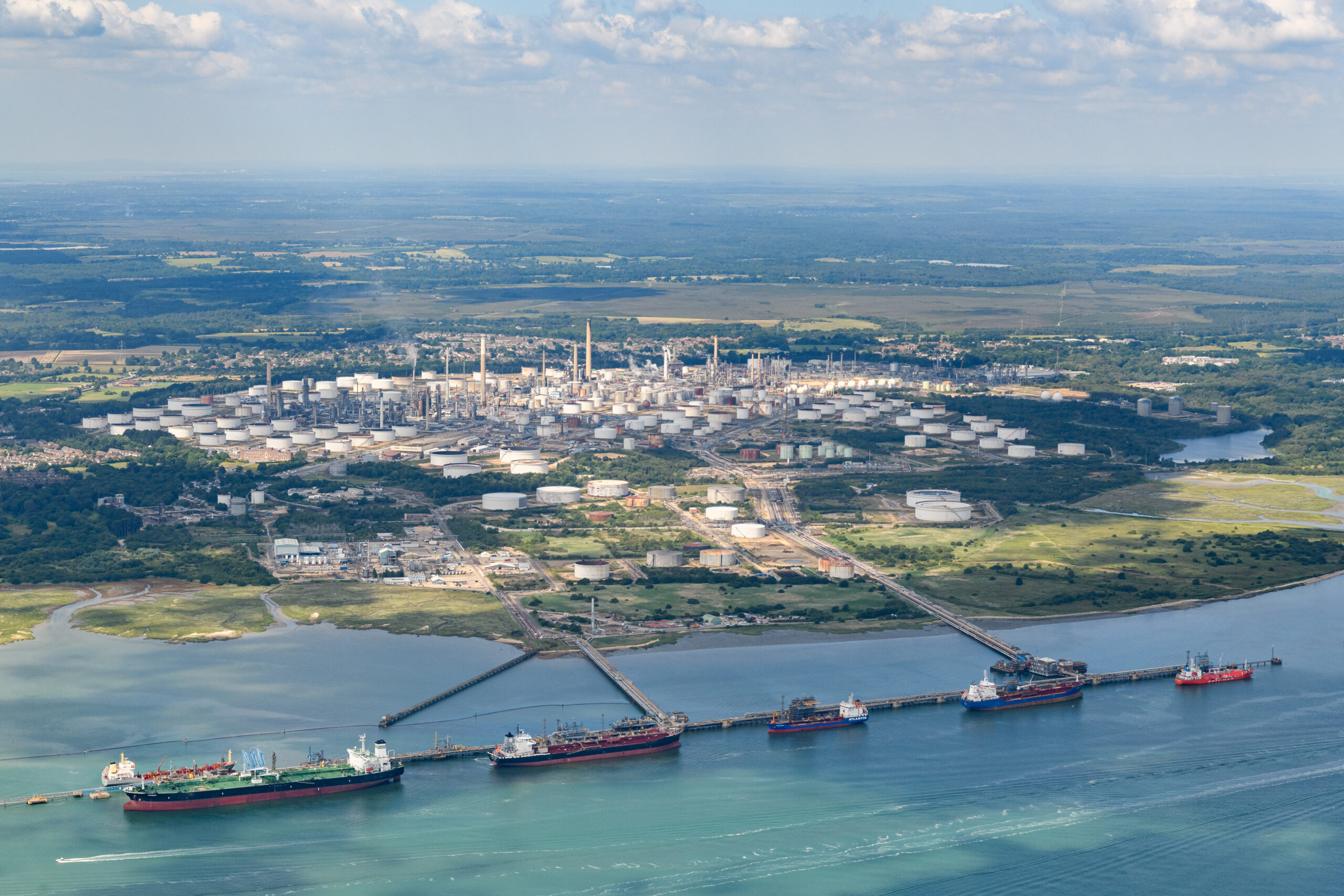The technologies of tomorrow… today
The Solent Cluster aims to affect real change in sustainable energy production and consumption utilising the region’s world-class industrial and academic expertise, to create exciting new opportunities in low carbon hydrogen.
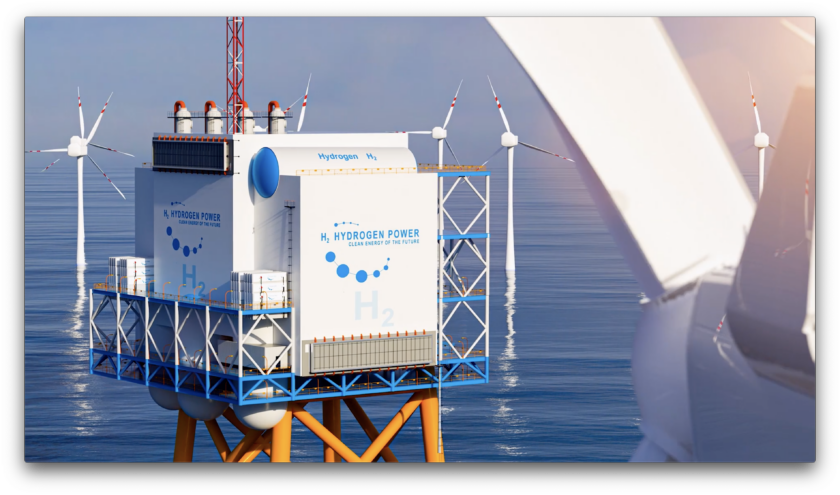
What is hydrogen?
Hydrogen is the most abundant chemical element on earth. Huge numbers of hydrogen atoms are contained in water, plant life, animals and humans, but there are very few natural sources of the pure hydrogen needed for fuel, which means that it has to be manufactured.
Today most hydrogen produced and used globally is high carbon, created using fossil fuels and with no carbon capture. One of the biggest issues is that this production method emits huge volumes of CO₂, the primary driver of global climate change. For hydrogen to play a serious role in the journey to Net Zero, hydrogen needs to be created as a low carbon solution.
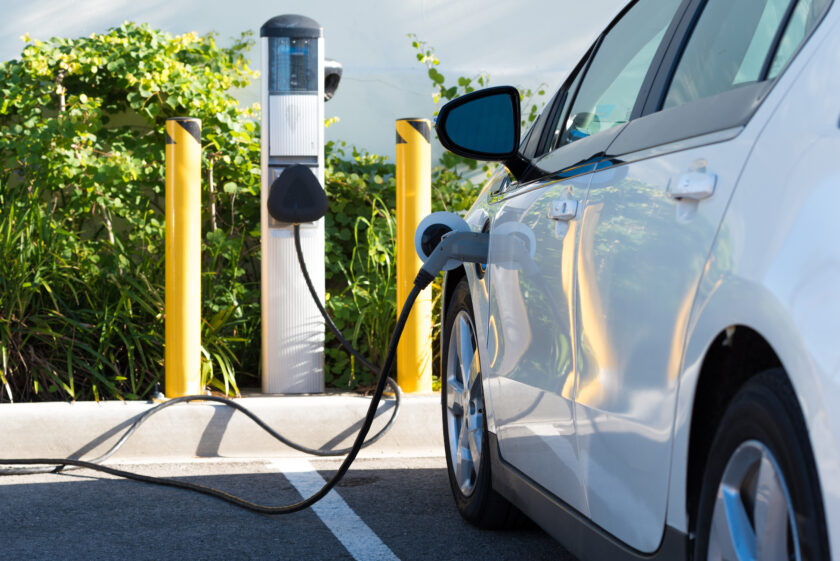
Why do we need hydrogen?
Once manufactured, hydrogen can be used to power vehicles, produce the high temperature heat needed for industrial manufacturing processes and provide the energy to heat our businesses and homes. It emits no CO₂ when burned, which makes it an essential fuel to help lower carbon emissions and reach the UK’s ambition of Net Zero.

What are the benefits of hydrogen?
- Hydrogen is clean and sustainable and can be produced and used with low to zero carbon emissions.
- Hydrogen is a versatile and can deliver clean and affordable energy to power industry and transport and heat our businesses and homes.
- Hydrogen can be stored in large quantities over long periods of time which is key to creating a secure and resilient energy supply for the UK.
- Hydrogen is low risk and has been safely used for industrial applications for decades.
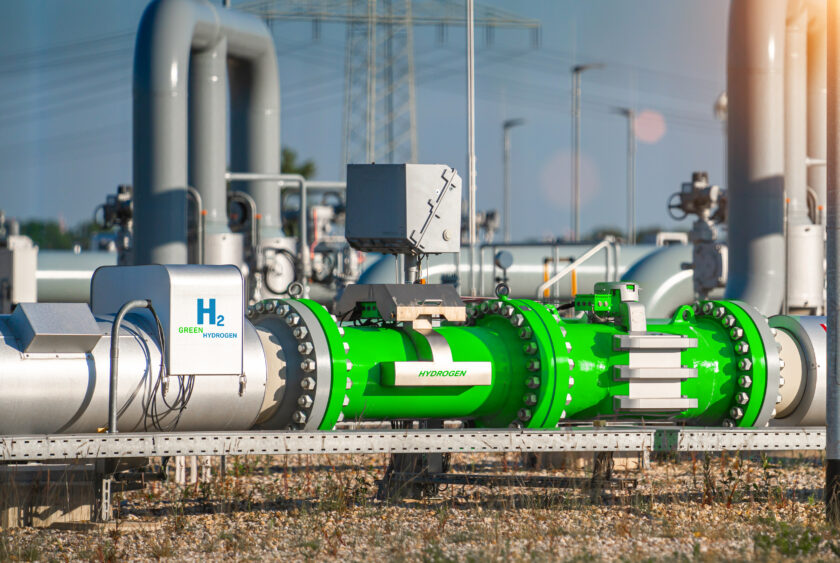
How is hydrogen produced?
At present hydrogen is produced in a number of ways; using natural gas, nuclear power, biogas – the renewable fuel produced by the breakdown of organic matter such as food scraps and animal waste and using renewable energies like solar and wind.
Green hydrogen is produced through electrolysis, where electricity is used to split water into hydrogen and oxygen. This process can be powered by wind, solar or electricity and when the electricity used comes from renewable sources, the gas created has no CO₂ emissions. However, this is an expensive production process.
Blue hydrogen is an industry term for hydrogen produced from natural gas and supported by carbon capture and storage (CCS). The CO₂ generated during the manufacturing process is captured and stored permanently underground, offshore. Almost all the CO₂ produced during the production process never enters the atmosphere so blue hydrogen is considered low carbon.
Whilst blue hydrogen may one day be the lowest-cost option for sustainable future fuels, the challenge is to create and store the volume of low carbon hydrogen needed to help decarbonise industry, power transportation and heat businesses and homes.
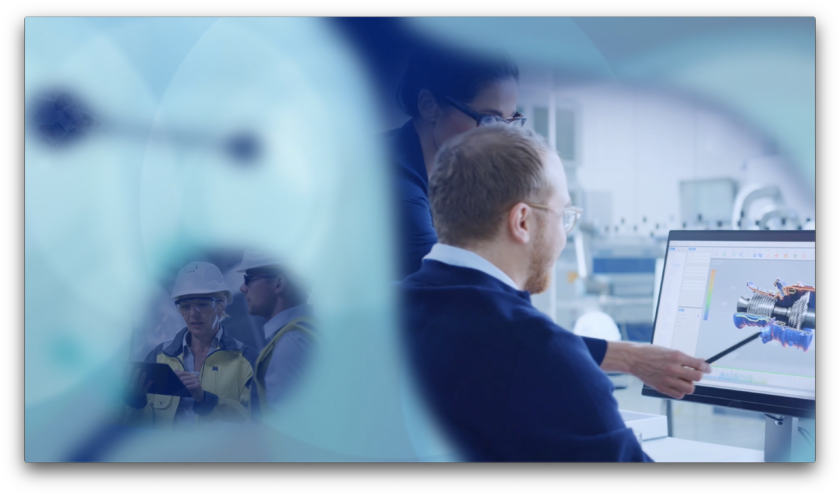
How can The Solent Cluster help?
The Solent Cluster is the only decarbonisation cluster for the South, backed by companies with the technical expertise and global track record of delivering cost-effective low carbon solutions.
The Solent Custer has exciting opportunities in relation to the production of hydrogen, transportation of hydrogen and the storage of hydrogen.
As well as offering the prospect of lower carbon energy for homes, businesses, public buildings and transport, The Solent Cluster will also help decarbonise industries in and beyond our region by capturing, processing and storing their emissions.
